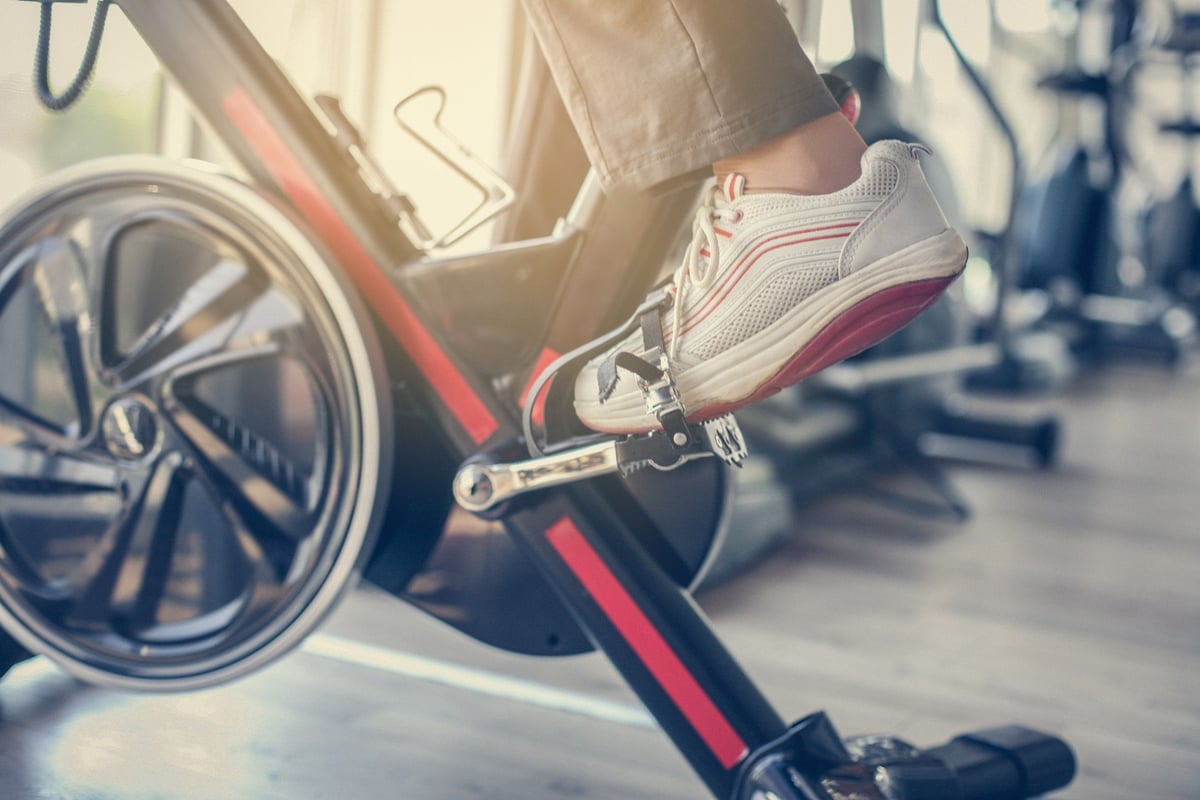
About one in eight U.S. seniors will be treated for a traumatic brain injury, typically during a fall, a new study finds. Medicare data shows that about 13% of seniors suffered a severe concussion during an average follow-up period of 18 years, researchers report. Although these injuries can be treated, they increase the risk of… read on > read on >


















